George W. Latimer, was the first fugitive slave whose emancipation guided and influenced the American abolitionists of the 1850s. His flight to Boston, arrest, imprisonment, trial, and emancipation, as well as the numerous public meetings held all over Massachusetts on his behalf,1 made his a cause celebre, fifteen years before the famous Dred Scott Decision. His supporters called it a “war on #slavery.”
Supporters of the Latimer cause included Dr. Henry Bowditch, William Francis Channing, and Frederick Cabot. These men, described as “gentlemen of property and standing,” founded a newspaper called the Latimer Journal and North Star, which first appeared in Boston on November 11, 1842. Its purpose was “to meet the urgency of the first enslavement in Boston” and to rescue a fugitive slave from the custody in which he was detained. The editors of the Journal were determined to “discourage all intemperate and violent measures, even for the rescue of our citizens from enslavement.”
Critics claimed that the Latimer Journal “greatly excited and alarmed the credulous, vexed the irritable, inflamed the passionate, and exasperated those whose sympathies ran beyond their judgments.” Six issues appeared subsequently from November 11, 1842 to May 16, 1843, with a circulation of 20,000. The journal responded to a chain of events that had begun on October 4, 1842, when George Latimer, along with his wife Rebecca, ran away from slavery in Norfolk, Virginia, and fled to the North. Four days later, Latimer was recognized by William R. Carpenter, a former employee of Latimer’s owner, James B. Gray. Carpenter immediately communicated the information to Gray. On October 15th, the following ad appeared in the local newspaper:
RANAWAY on Monday night last my Negro Man George, commonly called George Latimer. He is about 5 feet 3 or 4 inches high, about 22 years of age, his complexion a bright yellow, is of a compact, well made frame, and is rather silent and slow spoken.—I suspect that he went North Tuesday, and will give Fifty Dollars reward and pay all necessary expenses, if taken out of the State. Twenty Five Dollars reward will be given for his apprehension within the State. . . .
Read More Of Article @http://edison.rutgers.edu/latimer/glatcase.htm







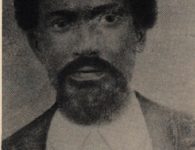
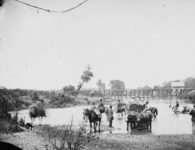
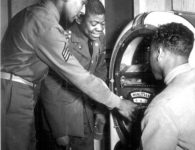

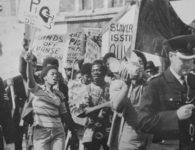

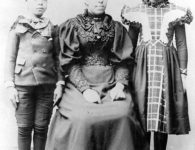
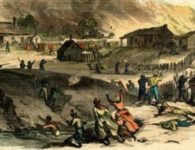

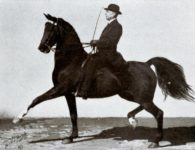





No comments